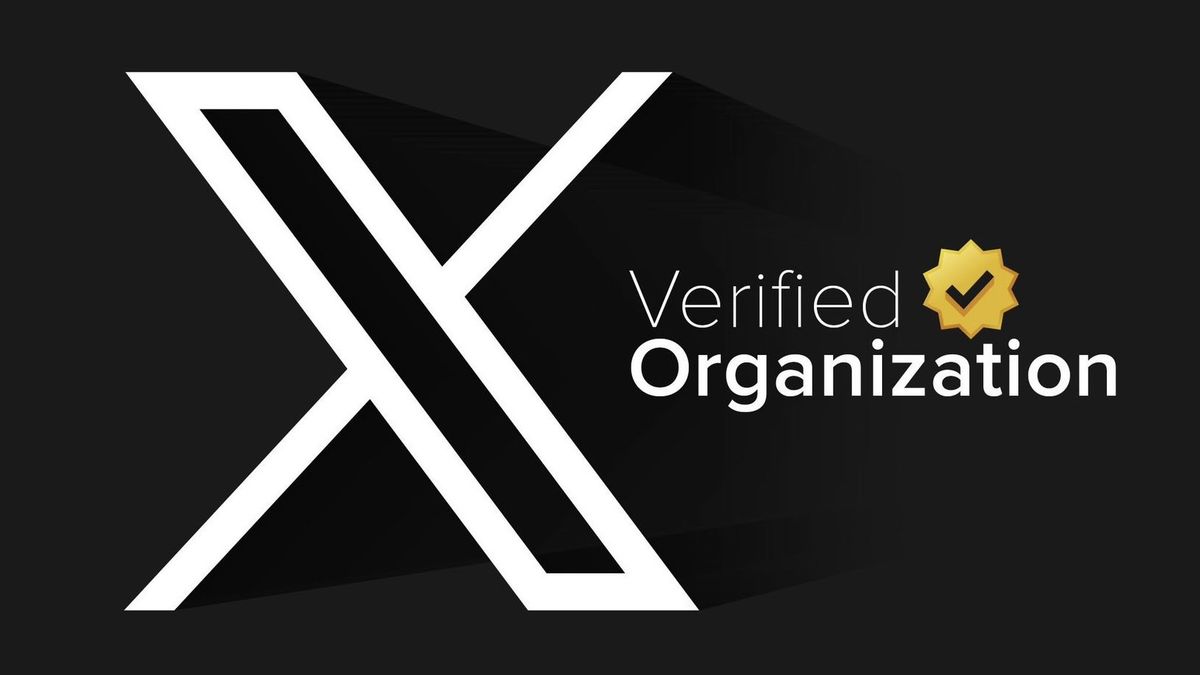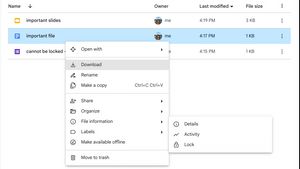JAKARTA - Platform X, social media owned by Elon Musk, faces difficulties in convincing brands that the platform is safe for advertising after announcing a controversial new content moderation policy. The "Freedom of Speech, Not Reach" policy announced in April made the company begin to limit the appearance of several tweets that violate policy rather than remove content from the site as it did before.
In his first interview with Reuters after resigning from the company last June, AJ Brown, then Head of Advertising and Brand Safety, revealed that helping advertisers understand the policy changes is very difficult.
"Helping people understand the concept that violating policies will no longer result in removing content that violates the policy, is a message that is difficult to convey to people," he said.
In May, Elon Musk, who later appointed Linda Yaccarino, the former head of NBCUniversal advertising sales, as CEO, announced a 60% decline in US advertising revenue and blamed critics for the decline.
AJ Brown has worked on Twitter for more than six years and led a team tasked with preventing advertising from appearing next to inappropriate content. Currently, he is the Chief Operating Officer at the Brand Safety Institute (BSI), an advertising industry organization that provides certification and training for professionals working in brand safety on technology platforms such as TikTok, advertising agents including WPP's GroupM, and large publicly traded companies such as Kroger and Comcast's NBCUniversal.
Brown said one of the goals was to help BSI become a neutral forum where brand safety professionals from various parts of the advertising business, from brands buying ads to companies selling advertising spaces, could learn from each other.
A change in moderation policy by Musk raises further questions for advertisers who have stopped spending their ads on Twitter. Brown revealed that he resigned after disagreeing with Musk's decision to overturn Twitter's team's move to limit the reach of a documentary on the platform due to the issue of using different gender pronouns.
SEE ALSO:
Nonetheless, Brown said he felt supported in his work by Musk and Ella Irwin, Twitter's Head of Trust and Safety at the time, who stepped down a few days before Brown. "I never felt this job was left alone while I was there," he said.
On Monday, September 4, Musk said the decline in ad revenue X was mostly due to pressure from the Anti-Defamation League (ADL). However, ADL noted an increase in antisemit content on the platform and a decline in anti-semitic posting moderation since Musk took over.
In an interview on Wednesday, September 6, ADL CEO Jonathan Greenblatt called Musk's threat a "disturbation" and said the organization would continue to fight against antisemitism.
Musk's latest action comes after X sued the Center for Countering Digital Hate in July after the group published a critical report on content moderation X.
X, who claims that 99% of its content display is from "healthy" posts, has a tough task of rebuilding advertisers' trust due to Musk's controversial behavior, said a commercial buyer at a large advertising agency representing a large consumer brand. "I no longer believe in what they say," he added, while stating that his company's client spending on X had decreased.
The English, Chinese, Japanese, Arabic, and French versions are automatically generated by the AI. So there may still be inaccuracies in translating, please always see Indonesian as our main language. (system supported by DigitalSiber.id)


















